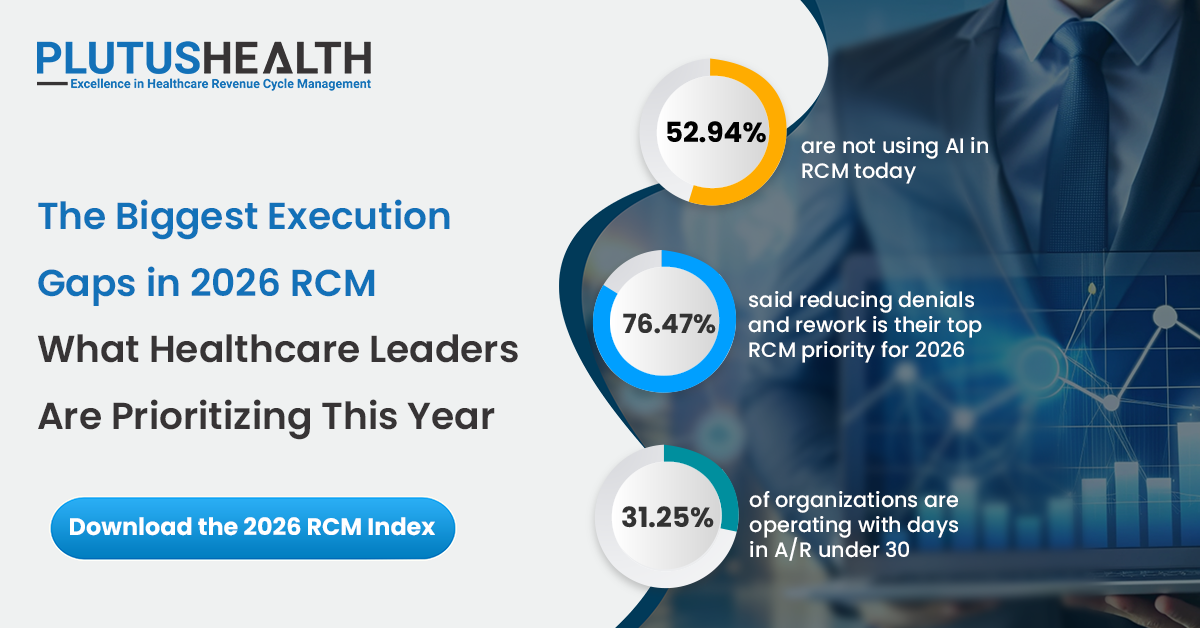RPA Bots in Revenue Cycle Management
In healthcare, robotic process automation revenue cycle is gaining traction.Therefore, healthcare organizations are striving to employ the best RPA practices for revenue cycle automation.
Let’s understand the different aspects of Revenue Cycle Management (RCM) that pose challenges in the healthcare industry and how RPA overcomes them:
Medical Billing: Handling medical billing processes such as payment posting, Electronic Health Records (EHR), and claims administration are time-consuming if done manually. Robotic Process Automation automates and standardizes these areas, optimizing medical billing processes and improving the bottom line of Revenue Cycle Management providers.
- Payment Posting: Automated payment posting improves productivity and streamlines the manual processes of posting insurance payments.
- EHR Automation: RPA bots automatically fill in EHR fields and duplicate critical information across disparate systems, reducing human error and allowing physicians to spend more time with their patients.
- Claims Administration: Claims management is prone to human error, being the cause of initial claim denials. RPA bots automate several tasks related to claims administration such as charge coding, checking against payer rules and submission.
An industry leader in delivering revenue cycle management solutions, Plutus Health, has designed Zeus, a bot by combining innovative technologies like machine learning and robotic process automation to automate all the tasks related to medical billing. Zeus shoulders the responsibility of revenue cycle management tasks and processes, allowing healthcare providers to focus on what’s more important their patients.
The robotic process automation bot works 24*7, boosting clean claim percentage, effectively decreasing denials, and keeping the medical billing tasks always up-to-date and processed. Zeus eliminates human error and improves the KPIs healthcare providers are looking for, giving them easy-to-read spreadsheets.
Healthcare providers need not buy any software or hardware or learn how to operate the bot, Plutus Health offers Zeus as a service.
Medical Coding: Medical coders check the patient's EHR and assign diagnosis codes from an appropriate category of ailments. If any procedures are performed, they assign procedure codes from a suitable list of the terminology of procedures. This needs to be done correctly, ensuring that the provider is paid right, and that's where RPA plays a significant role. With the help of RPA, medical coding becomes quick and accurate, especially in the case of bigger hospitals with high patient turn-around round the clock.
Denial Management: In the US, nearly one-third of healthcare providers conduct manual denial management processes. Denied claims are caused by several departments and workflows, and are expensive to revise than submitting a fresh claim. Pre authorization, auto coding, electronic remittance, and auto charge posting are areas that can be automated using RPA bots, helping staff save time and increasing precision in claim submission.
Robotic process automation in healthcare has revamped revenue cycle processes and allowed organizations to reap several benefits, some of them are:
- Boost Patient Communication: RPA bots automatically generate an email that summaries the information related to the cost of a service or other customer queries that are discussed over a phone call.
- Accelerate Cost Estimate: Using RPA bots, healthcare organizations automate the benefits retrieval processes and generate cost estimates.
- Minimize Manual Data Entry: When information is stored across several systems, RPA bots combine the data and feed it into a central patient accounting system.
- Automate Claim Denials: Staff focuses on more complex denials as RPA bots gain control of the denial resolutions, following a step-by-step process.
- Assist Pre-Authorizations: Robotic process automation revenue cycle allows healthcare organizations to collect information from other websites and various systems and integrate that information directly into the Hospital Information System (HIS). It also submits for pre-authorizations in some cases.
- Integrate Third-Party Tools: RPA bots act as the middleman between third-party tools that don’t interact with each other, allowing data sharing and processing between them without human intervention.
- Improve Consumer Experience: Healthcare organizations are using RPA-driven website chat bots to answer simple queries, enhancing the consumer experience.
Conclusion
RPA in the healthcare industry is enabling organizations to optimize their business model. By focusing on revenue cycle automation early, healthcare providers can develop a performance baseline for revenue and claims management, ensuring seamless payments and claims.The accomplishments of Robotic Process Automation (RPA) in other industries have proposed healthcare organizations a roadmap for effectively espousing the technology and identifying cases where it can deliver results. For RPA, there’s no one-size-fits-all approach. Each healthcare organization should consider their unique needs, current technologies, processes, data, and the ability to drive and adopt change.




















































